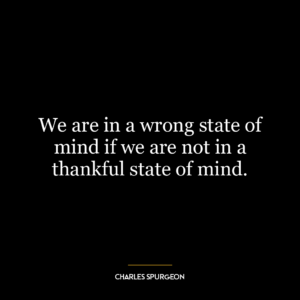My trust is not that I am holy, but that being unholy, he is my righteousness.
This quote speaks to the idea of faith and humility, suggesting that one’s trust should not be placed in their own goodness or holiness, but rather in the righteousness of a higher power. It underscores the belief that human beings are inherently flawed or ‘unholy,’ and it is only through divine grace that we can attain righteousness.
In essence, this quote acknowledges our human imperfections and encourages us to seek virtue not from within ourselves but from a higher source. It’s about surrendering our ego, admitting our shortcomings, and relying on something greater than ourselves for moral guidance.
Applying this concept in today’s world may look like acknowledging your limitations and seeking wisdom outside yourself. This could mean turning to mentors, spiritual guides, or even literature for knowledge and understanding. In personal development terms, it might involve recognizing your own faults or areas for improvement without self-condemnation but with an attitude of growth.
Moreover, this notion could also encourage empathy towards others by reminding us that everyone has flaws; no one is inherently ‘holy.’ This perspective might foster more compassion and understanding toward others’ mistakes because we all fall short sometimes.
In conclusion: self-awareness coupled with humility forms a pathway towards personal growth. Trusting in external wisdom—be it divine or worldly—rather than relying solely on oneself can provide a broader perspective on life’s complexities.










